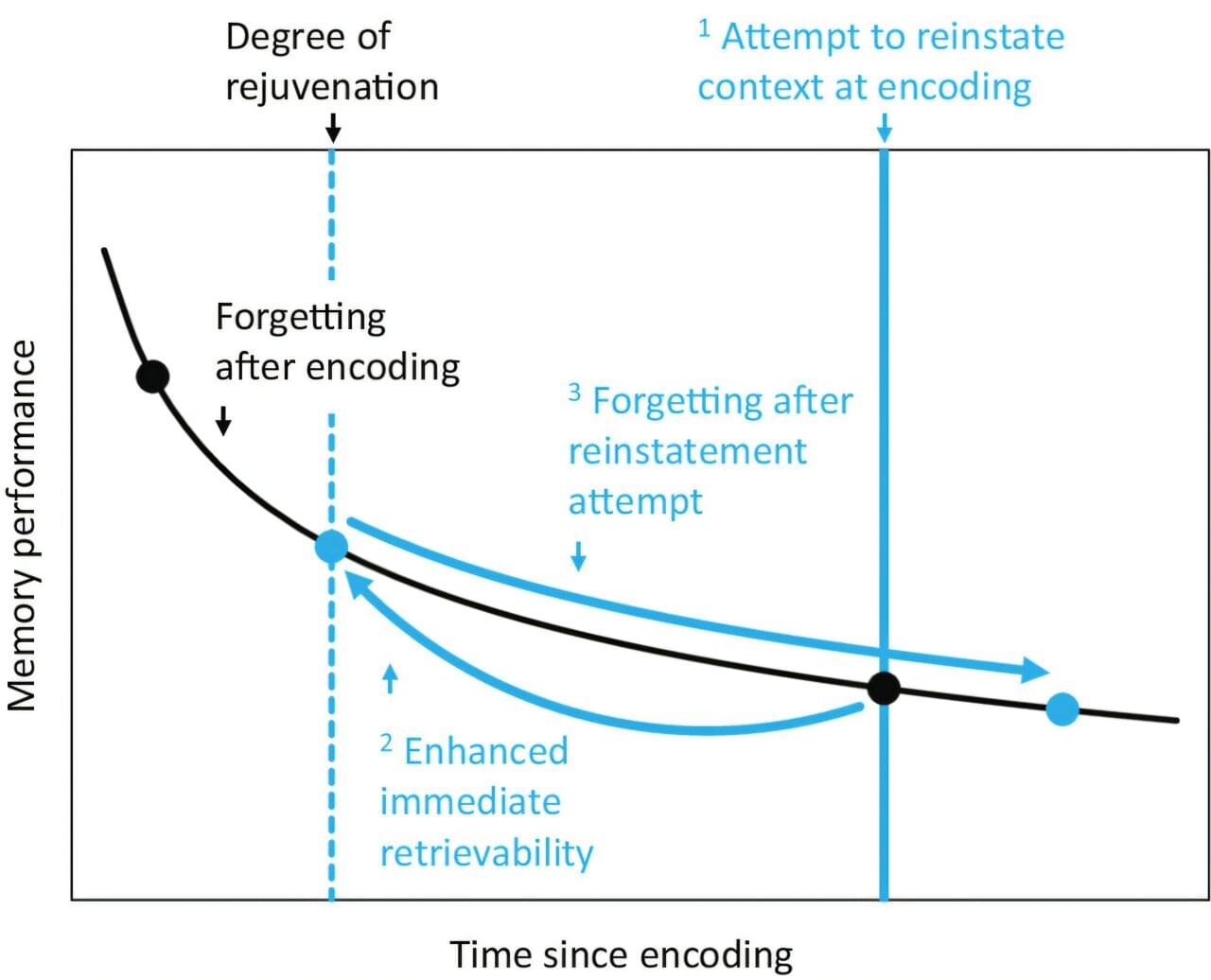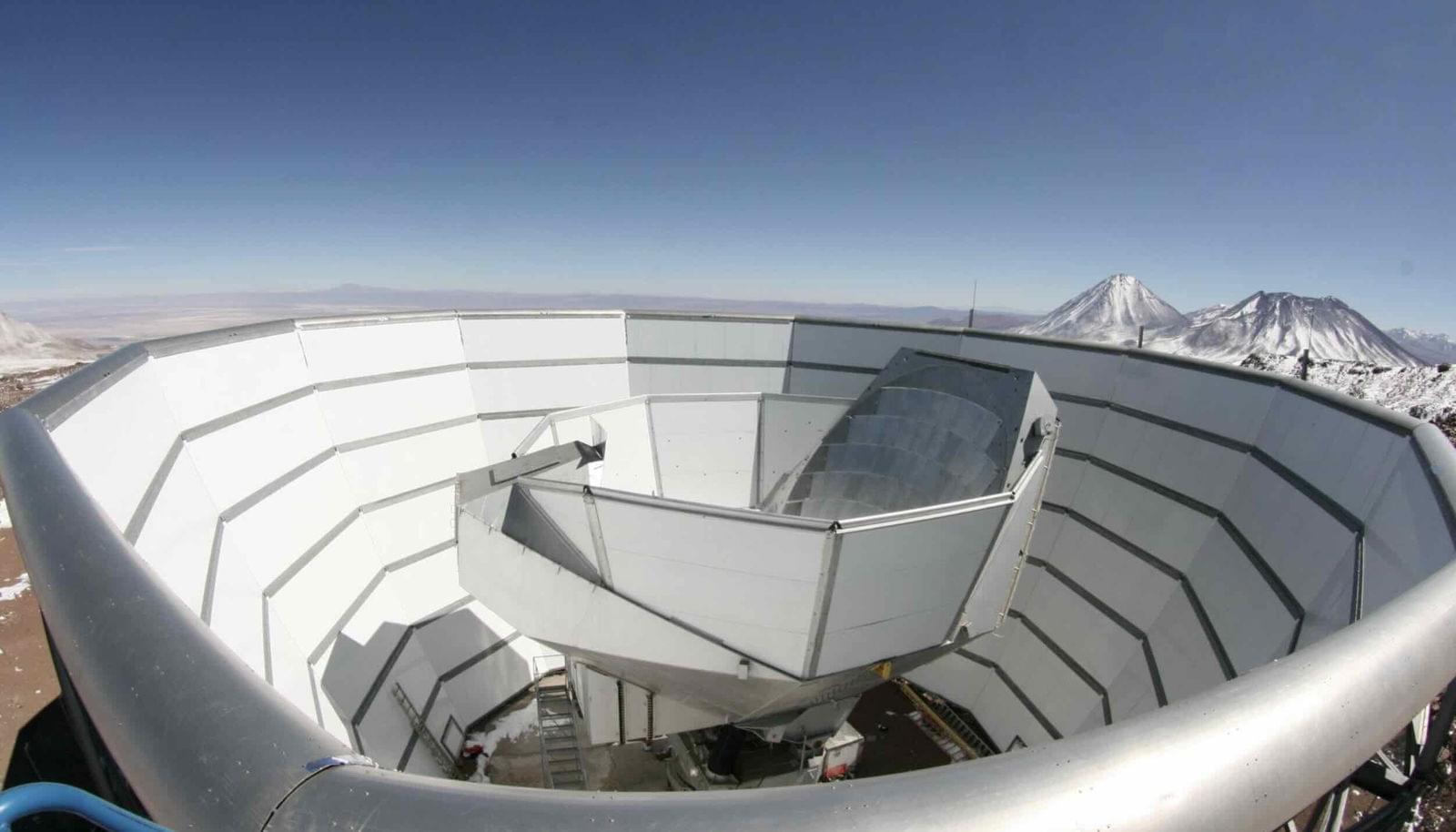Several studies have indicated that forgotten memories may not be as irretrievable as once thought. Memory appears to be closely tied to the context in which it was encoded. Consequently, remembering smells, sounds and other environmental cues, as well as any feelings experienced during the time the memory was formed can help to recall the memory. However, these memory studies have not sufficiently determined how this kind of contextual memory recall is forgotten after recall.
As most people are aware, retrieving a memory normally becomes more and more difficult as time goes on, but the rate of forgetting actually declines over time in a nonlinear manner due to ongoing memory consolidation. In other words, humans will forget an event at a faster rate within the first few days or weeks, and then the forgetting levels off somewhat and less of the memory is lost over longer time periods.
In a new study, published in the Proceedings of the National Academy of Sciences, a group of German scientists sought to determine if retrieving memories with “mental time travel” can restore the retrieval and forgetting rate to how they were shortly after encoding. To do this, they recruited 1,216 participants to undergo two different memory experiments.



